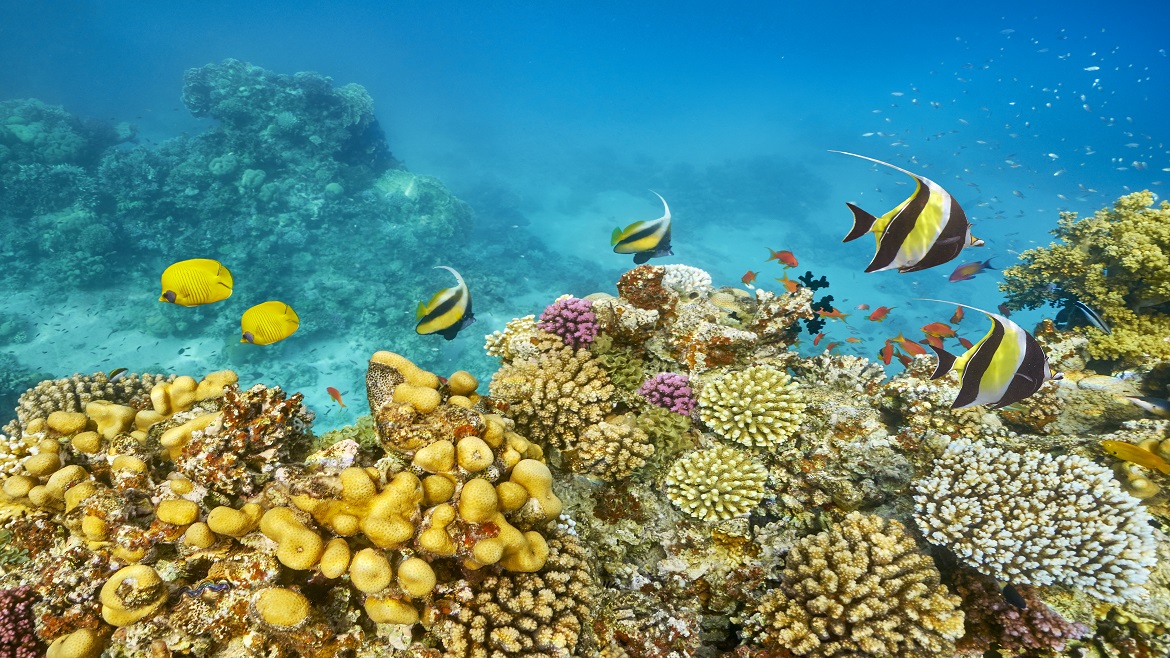Science tells us that we are pushing natural limits on climate, biodiversity, nutrient cycles, freshwater and ocean health. While research has never been clearer on defining planetary boundaries, society has never positioned itself so closely to the edge.
Fortunately growing recognition of the state of our natural systems is leading to greater integration of economic, social and environmental principles—as evident in the work to develop a set of global Sustainable Development Goals. We also see more businesses implementing responsible practices and there is a lively debate around the green and circular economies.
While curbing deforestation and improving water efficiency often feature in these discussions, the ocean has been less present. That’s starting to change, and it can’t happen fast enough.
Why hasn’t the ocean been higher on the agenda?
It’s easy to be seduced by the ocean; its beauty and expanse can give the false impression that all is well. In reality, we have fully fished 61% of fisheries and overfished 29%. Critical habitats like coral reefs are severely degraded, yet we have committed to protecting only about 3% of the globe’s total marine area. The ocean is in trouble.
There is a powerful economic argument for reversing these trends. WWF’s recent report, Reviving the Ocean Economy, conservatively estimates the ocean’s annual economic output to be US$2.5trn. Compared to national GDPs, this makes the ocean the world’s seventh largest economy.
A separate WWF analysis makes the case for investing in marine protected areas by showing that each dollar spent returns at least three. Increasingly, we are seeing sectors of industry wake up to this reality. After all, it is hard to have a fishing industry without fish, or a tourism industry in an ecological dead zone.
Likewise, conservationists are realising that we need to do a better job explaining the importance of the ocean to government and business decision-makers. Quite simply, if leaders think they can achieve their food security, economic development and poverty reduction targets without a healthy ocean, they are mistaken.
The steps we must take are complex, but clear. We must stop wasteful and destructive fishing methods, cut overcapacity and incentivise sustainable management of marine resources. Rapid investment in marine protected areas and support for sustainable aquaculture are also important. To have any hope of protecting the ocean we must tackle pollution and combat climate change to stop damaging warming and acidification.
World leaders will have the opportunity in coming months to agree on ocean conservation and investment through the UN’s post-2015 development process and the Paris climate conference. This is the moment of convergence we cannot afford to miss if we hope to move from an era of threats to a generation of opportunity for the world’s ocean.
The Economist Events' 3rd World Ocean Summit took place on June 3rd-5th in Cascais, Portugal, where the two WWF reports were launched.
The views and opinions expressed in this article are those of the authors and do not necessarily reflect the views of The Economist Intelligence Unit Limited (EIU) or any other member of The Economist Group. The Economist Group (including the EIU) cannot accept any responsibility or liability for reliance by any person on this article or any of the information, opinions or conclusions set out in the article.




